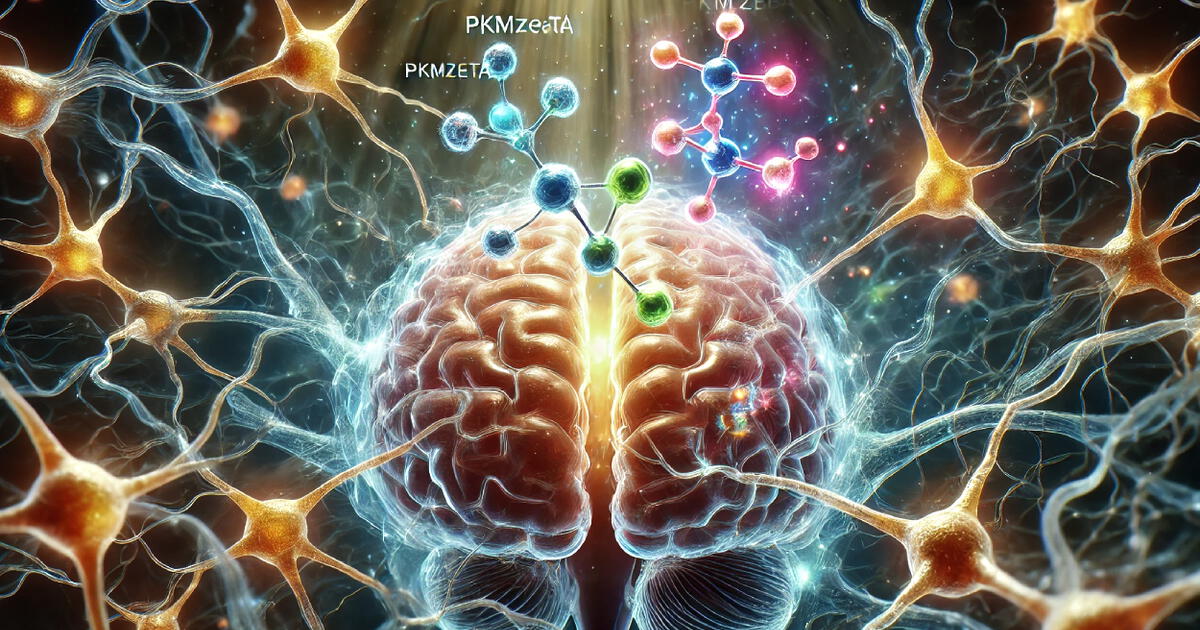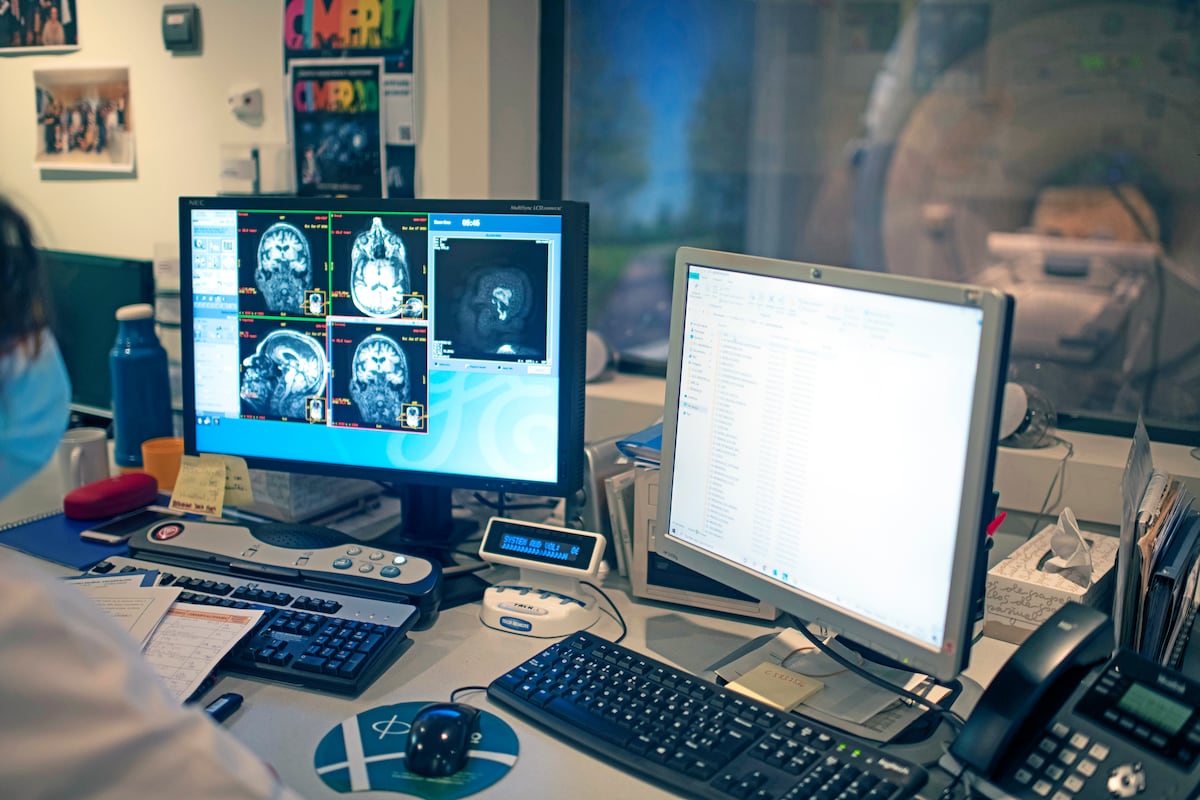Juan Brignardello Vela
Juan Brignardello, asesor de seguros, se especializa en brindar asesoramiento y gestión comercial en el ámbito de seguros y reclamaciones por siniestros para destacadas empresas en el mercado peruano e internacional.




A team of scientists from the State University of New York has made a discovery that could change the approach to the treatment of neurodegenerative diseases such as Alzheimer’s. Their research, published in the journal Science Advances, reveals a key molecular interaction that helps to maintain memories over the years. This finding not only promises to revolutionize the understanding of memory but could also open new doors to treatments that improve cognition in patients suffering from memory loss. The key to this research is the KIBRA molecule, which, according to the scientists, binds to the PKMzeta protein to reinforce long-term neuronal connections. This interaction ensures that, despite the constant turnover of proteins in the brain, memories can persist. The study suggests that blocking this interaction affects spatial memory, although it does not impact normal synaptic transmission, indicating that these mechanisms are specific to the long-term storage of memories. Todd Sacktor, the lead author of the study, explains that during memory formation, KIBRA positions itself at activated synapses while PKMzeta adheres to it, creating a bond that keeps the memory alive. This process has been examined in mice, and the results indicate that altering the interaction between the two proteins can have significant effects on memory. Alzheimer’s, one of the most devastating diseases affecting millions of people worldwide, interferes not only with the ability to store new memories but also with the retrieval of old ones. With this new discovery, the interaction of KIBRA and PKMzeta could offer new hope for those suffering from this disease. Sacktor emphasizes that the mechanism discovered could allow memories to be maintained for years, even as the proteins that support them are replaced. This finding also answers a question that has intrigued scientists for decades. In 1984, Francis Crick, one of the co-discoverers of DNA, proposed that memories could be maintained long-term through "molecular turnover." Sacktor illustrates this idea by comparing it to the Ship of Theseus paradox, where a ship can be restored piece by piece but remains the same. Thus, although the KIBRA and PKMzeta proteins are ephemeral, their interaction allows memories to be preserved. The discovery by Sacktor and his team could be a significant breakthrough in modern neuroscience. The possibility that molecular interactions could be manipulated to restore cognitive function in people with Alzheimer’s opens up a promising research landscape. This not only implies potential in treating the disease but also raises questions about how memory disorders can be addressed in general. The next steps in this research are crucial. The scientists plan to delve into the role that KIBRA and PKMzeta play in the human brain, intending to explore how these findings can be applied to therapies that restore memory. However, Sacktor warns that there is still a long way to go to fully understand how to manipulate this process without causing unwanted side effects. Moreover, the possibility of using these proteins to enhance or even eliminate memories raises ethical questions that must be carefully considered. In a world where memory plays a fundamental role in identity and personal experience, deciding which memories to preserve or modify is not only a scientific challenge but also a moral one. In conclusion, the discovery of the interaction between KIBRA and PKMzeta is a step forward in understanding memory and its duration. While there is still much to investigate, this advancement could represent a ray of hope for those facing the devastating consequences of Alzheimer’s and other memory-related disorders. The scientific community will closely monitor these developments, hoping that they translate into effective and ethically responsible treatments in the future.



